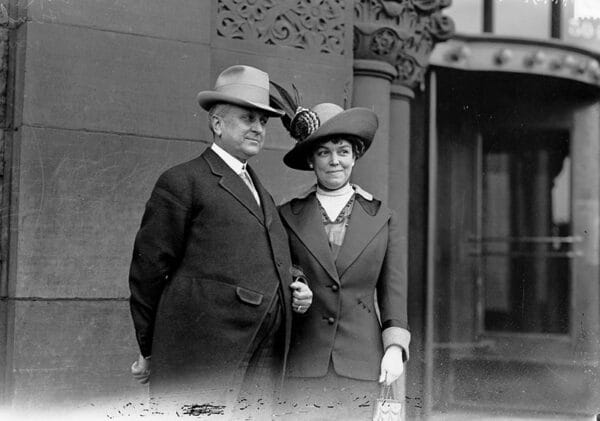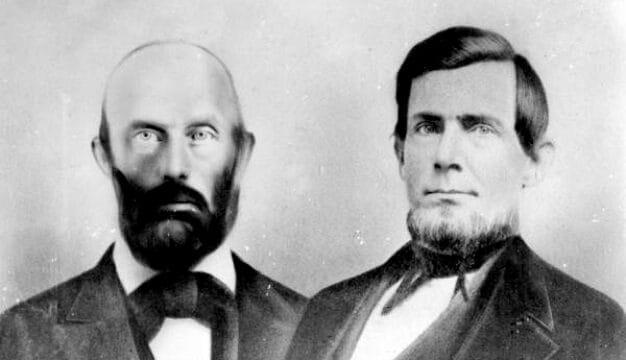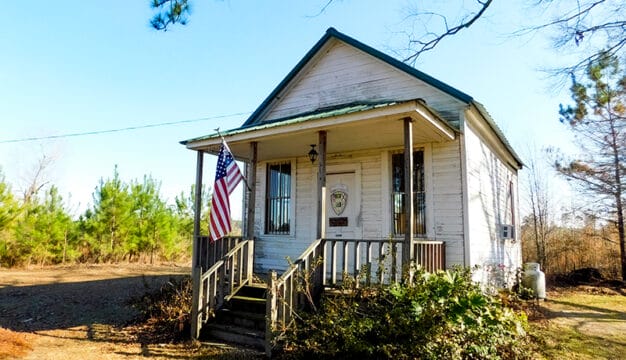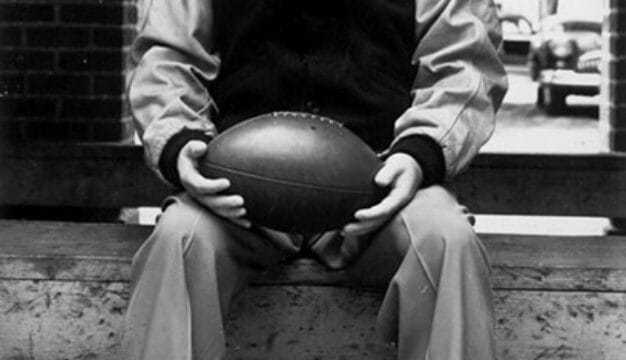Oscar Hundley
 Oscar and Bossie O’Brien Hundley
Oscar Richard Hundley (1855-1921) was a federal judge, state senator, and state representative from Huntsville, Madison County. He was also a prominent attorney for the city of Huntsville, where he would develop several notable properties, and an attorney for a railroad. After Hundley and his second wife, Julia “Bossie” O’Brien Hundley, moved to Birmingham, Jefferson County, he served as an attorney and president of a life insurance company and she would be a leading voice in Alabama for women’s suffrage.
Oscar and Bossie O’Brien Hundley
Oscar Richard Hundley (1855-1921) was a federal judge, state senator, and state representative from Huntsville, Madison County. He was also a prominent attorney for the city of Huntsville, where he would develop several notable properties, and an attorney for a railroad. After Hundley and his second wife, Julia “Bossie” O’Brien Hundley, moved to Birmingham, Jefferson County, he served as an attorney and president of a life insurance company and she would be a leading voice in Alabama for women’s suffrage.
Hundley was born October 30, 1855, to Orville Marion and Mary E. (Holding) Hundley in Limestone County, near Mooresville at Hundley Hill or Hundley Hall. His father was the son of John Henderson Hundley and Melinda Robinson Hundley, who came to northern Alabama from Virginia and established a large plantation near Mooresville. John was a preacher in the Churches of Christ Restoration Movement who became known for writing a religious tract, the Plan of Salvation, in 1858.
Hundley’s father and two uncles served in the Confederate States Army during the American Civil War. Orville was a colonel in Gen. Joseph Wheeler‘s cavalry who was taken prisoner. His uncle Daniel Robinson Hundley was known for penning Social Relations in Our Southern States (1860), a later-discredited look at class structure in the antebellum South, and for a diary he wrote while in a Union prisoner-of-war camp, later published as Prison Echoes of the Great Rebellion in 1874. Orville became a noted contractor and real estate developer in Huntsville in the latter half of the nineteenth century. He is credited with building its first textile mill, a combination city hall and opera house, a federal post office and courthouse, and the Randolph Street Church of Christ (ca. 1887), which still stands on land he and his wife donated. It was listed on the National Register of Historic Places (NRHP) in 1980.
Hundley was educated at the local schools in Huntsville. He then attended Phillips Exeter Academy in New Hampshire and Marietta College in Ohio in the early-to-mid-1870s and earned a law degree from Vanderbilt University in 1877. The following year he married Anna E. Thomas; the couple had no children and she died in 1893. Though sources differ on the exact dates, during the 1880s he served as an attorney for the city of Huntsville and authored the city’s first code of ordinances. He then served as an attorney for the Nashville, Chattanooga & St. Louis Railway from around the mid-1880s until 1907. He was elected to the Alabama House of Representatives for two terms, from 1886 to 1890, and four terms to the Alabama Senate, serving from 1890 until 1898. Pres. William Henry Harrison appointed Hundley as one of two commissioners from Alabama to the World’s Columbian Exposition in Chicago in 1893, also known as the Chicago World’s Fair. A Democrat, Hundley joined the Republican Party in 1896 and lost a race that year for the Eighth Congressional District to his father’s former commander, Democratic incumbent Joe Wheeler. He became active in Republican politics, which may have factored into his failed future bid for a federal judgeship, but he stated he enjoyed the support of both parties.
In June 1897 in Birmingham, Jefferson County, Hundley married Julia “Bossie” O’Brien, some 21 years his junior, with whom he would have a daughter. Bossie was the daughter of prominent Birmingham businessman and politician Frank P. O’Brien, who had also served in the Alabama House of Representatives.
Like his father, Oscar also developed properties now listed on the NRHP. Oscar and Bossie built the notable Queen Anne-style home now known as the Hundley-Fees House (ca. 1900) on Madison St. that faces the EarlyWorks Children’s Museum. The interior features dark wood paneling, parquet floors, pocket doors, yellow marble mantels, stained-glass Tiffany-style windows, and many other decorative elements. Newspaper accounts at the time of its completion mention costly and ornate bath fixtures. After its sale by the Hundleys around 1909, the house went through a series of owners and uses, including a funeral home for many years, a police station, and a set in the 1979 horror movie, Ravagers. It was listed on the NRHP in 1978 and later purchased and renovated by a local attorney. Hundley also built two rental houses that were listed on the NRHP in 1980 and sit across the street from Alabama Constitution Hall Historic Park and Museum: The Hundley-Van Valkenburg House at 108 Gates St. behind the Hundley-Fees House and the Dutch Colonial Revival Hundley-Clark House at 400 Franklin St. at the end of the block. A third rental property, the Late Victorian at 500 Franklin St., is a contributing property to the Twickenham Historic District. In addition, he and his father owned the corner South Side Square property then at 128 South Side Square next to the present-day Harrison Brothers Hardware store. It is also on the NRHP. Hundley Drive NW was named in his honor.
Hundley served as U.S. District Attorney for the Northern District of Alabama from 1906 until 1907 until he was appointed Justice of the U.S. District Court for the Northern District of Alabama, through two recess appointments by Pres. Theodore Roosevelt, in December 1907 and May 1908, and a third one by Pres. Howard Taft, in March 1909. He had applied for the position some years earlier in case of a vacancy and received much support from the legal and legislative community of the state for his confirmation. Proponents included long-time acquaintance Joe Wheeler (who had endorsed Hundley years prior for the district attorney position) and Judge Edward Berton Almon. He also successfully appealed to Booker T. Washington for his support.
The majority of Alabama’s congressional delegation, all Democrats, however, objected to Hundley’s appointment. A 1907 letter they submitted to the Senate Judiciary Committee noted that the state’s two senators, Edmund Pettus (a member of the committee) and John Tyler Morgan, both opposed the nomination. This letter was introduced in a February 1908 Judiciary subcommittee hearing, although both Pettus and Morgan had died the year prior. Pettus may have objected because he believed that Hundley was going to support him in his 1896 bid for the U.S. Senate but claimed he did not. Among the issues that arose was an amendment to the Alabama Constitution Hundley reportedly proposed as state senator that would have divided tax revenue for education based on race and on how much African Americans and whites contributed in taxes. In his testimony though, Hundley states that the race-based formula was introduced by Pettus’s son Francis, and his measure was intended to secure additional funding. Also, several lawyers and much of the congressional delegation objected to the way Hundley handled a bankruptcy case filed by Southern Steel Corp. in which he appointed receivers considered “unfit” according to a brief 1908 account in the New York Times. Hundley was never confirmed by the Senate and eventually resigned the position in May 1909.
The Hundleys then moved to Birmingham and settled into a Tudor-style mansion on Niazuma Avenue. Hundley practiced law, served as president and legal counsel of the Sun Trust Life Insurance Company (present-day Sun Life Financial), and represented the city in the American Bar Association. Bossie became actively involved in the women’s suffrage movement and would serve as president of the local chapter. He died on December 22, 1921, in Birmingham and was buried in Oak Hill Cemetery.
Further Reading
- Historic Huntsville Foundation. The Hundley Legacy: The Architecture and Urban Impact. Historic Huntsville Quarterly of Local Architecture and Preservation 26 (Fall 2000): 1-27.



